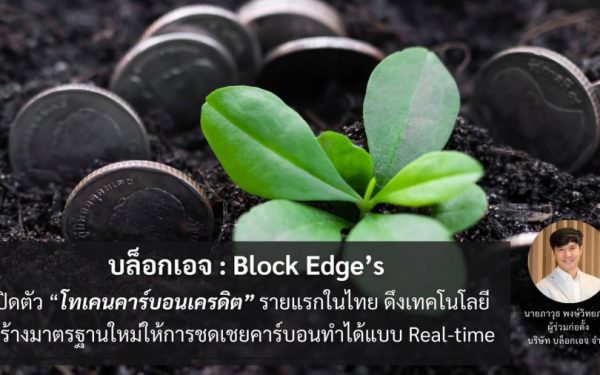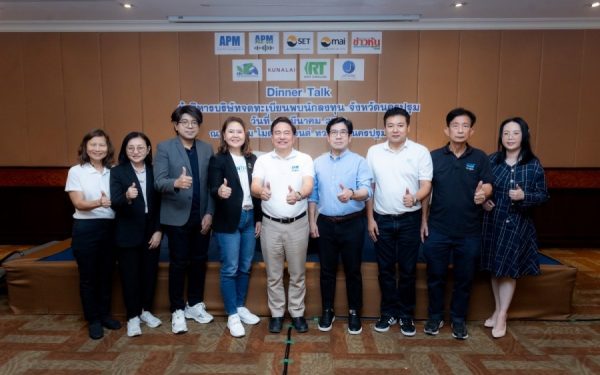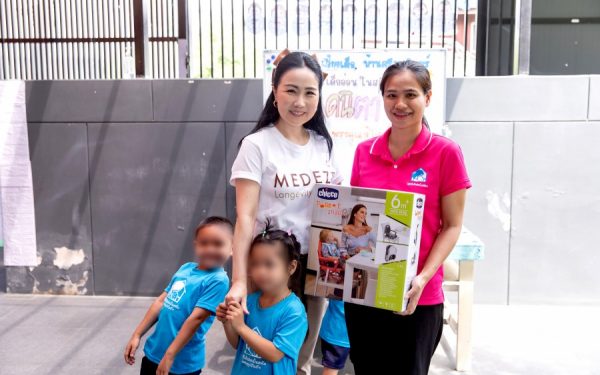A New Chapter in Arabic Language Education in Thailand: Thai-Saudi Relations through Arabic Language and Culture
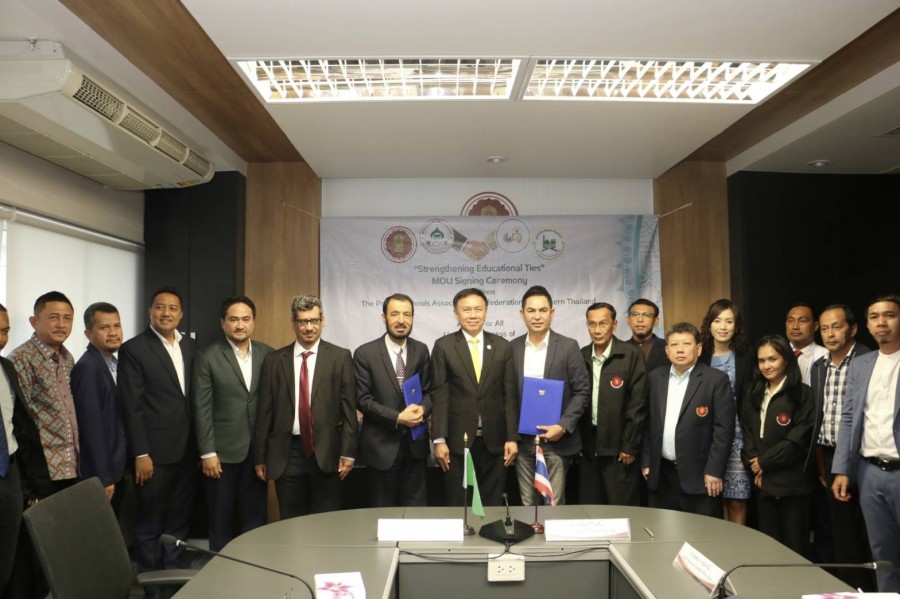
A New Chapter in Arabic Language Education in Thailand: Thai-Saudi Relations through Arabic Language and Culture
May 29, 2024, Vivek Pangputhipong Meeting Room, Office of the Private Education Commission

A groundbreaking memorandum of understanding (MoU) was signed today between The Private Schools Confederation Association of Southern Thailand, represented by Dr. Koddaree Binsen, its president, and the Arabic for All non profit company from Saudi Arabia, represented by Engineer Saleh Bin Nasser Al-Dalaan, Managing Director of Arabic for All. This historic collaboration marks the first time Thailand has received international support for developing education in schools under the Office of the Private Education Commission.
The Beginning of a Collaboration: Chance to Change.
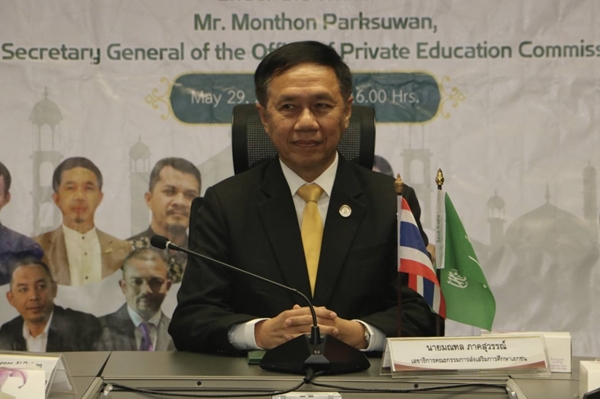
Mr. Monthon Parksuwan, Secretary-General of the Private Education Commission, remarked, “I am deeply honored to stand before you all. This gathering aims to enhance educational opportunities and foster international cooperation, a truly joyous and proud occasion.”
The agreement between The Private Schools confederation association of Southern Thailand and Arabic for All seeks to enrich learning experiences and broaden cultural horizons. In our interconnected world, the exchange of languages and cultures is increasingly important.

The Importance of Arabic: Developing Sustainable Human Capital
Arabic, the third most spoken language globally, is key to understanding diverse cultures, facilitating communication, trade, and diplomacy on an international level. Incorporating Arabic education into the curriculum will equip students with valuable skills, benefiting their future endeavors.
The Role of Arabic for All: Enhancing Education in Thailand’s Southern Border Provinces
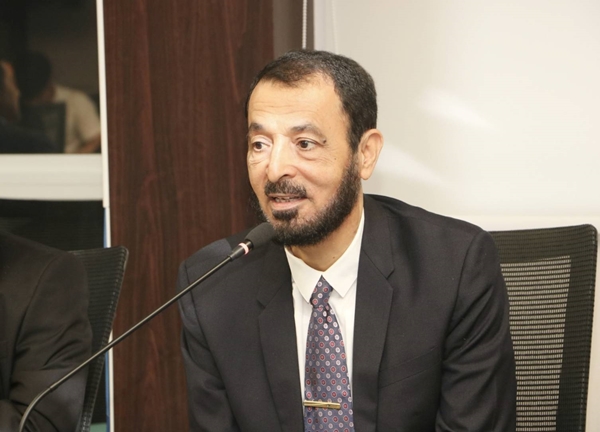
Engineer Saleh Bin Nasser Al-Dalaan stated, “Learning Arabic is not limited to Muslims but is open to anyone interested, regardless of race, religion, age, or profession. We offer intensive, high-quality courses and are committed to enhancing Arabic education in Thailand, especially in the southern border provinces.”
Arabic for All has trained Arabic language teachers in over 54 countries, including Malaysia, Indonesia, India, Uzbekistan, Spain, the UK, and the Netherlands. Their curriculum is used in more than 1,500 educational institutions worldwide, and they have conducted over 225 training sessions for Arabic teachers, totaling 6,960 hours.
Achievements of The Private Schools Confederation association of Southern Thailand
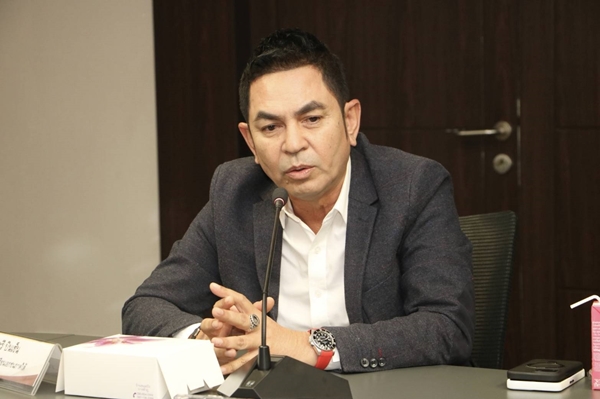
Dr. Koddaree Binsen expressed gratitude to the Secretary-General of the Private Education Commission, representatives from Arabic for All, and members of the Muslim private school association. He highlighted the pilot training sessions for first-level teachers, with two sessions held in the southern border provinces and one in Sornsasanasasanupatham School, Bangkok. These sessions emphasized the importance of teaching Arabic in Arabic, along with the active learning methods.
The MoU signing marks the second phase of first-level training, focusing on professional teacher manuals and effective use of Arabic textbooks.
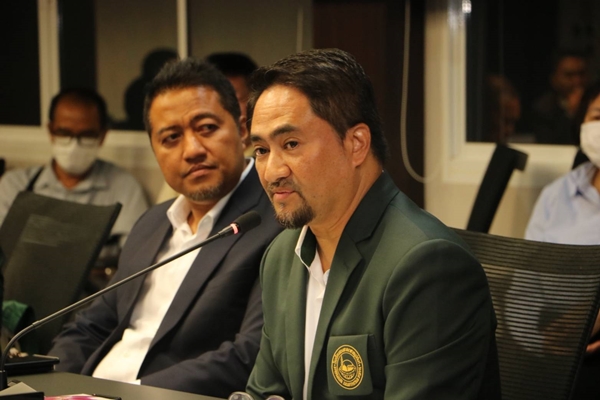
Dr. Fairoz Yupesuk, a manager of Sornsasanasasanupatham School and an advisor to the president of The Private Schools Confederation association of Southern Thailand, will coordinate between the Association and Arabic for All for training projects throughout Thailand.
Vision of Collaboration: Sustainable Human Capital Development
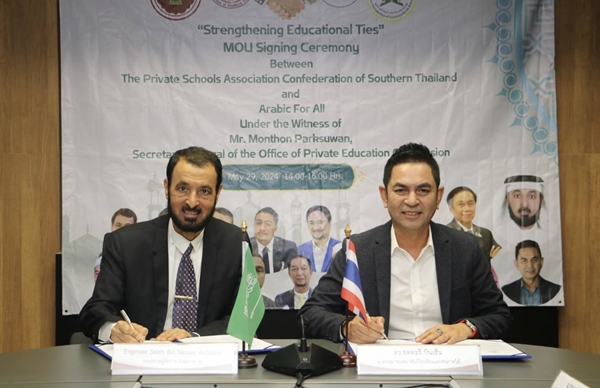
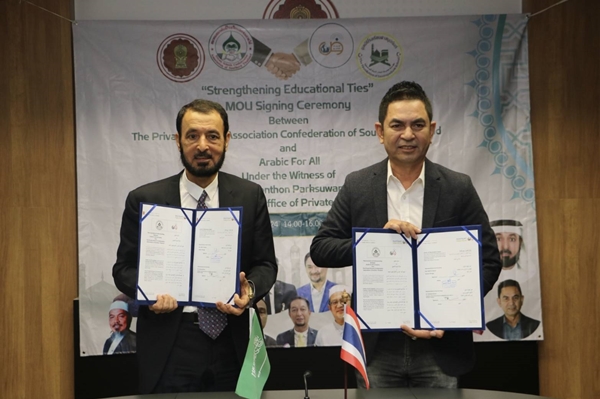
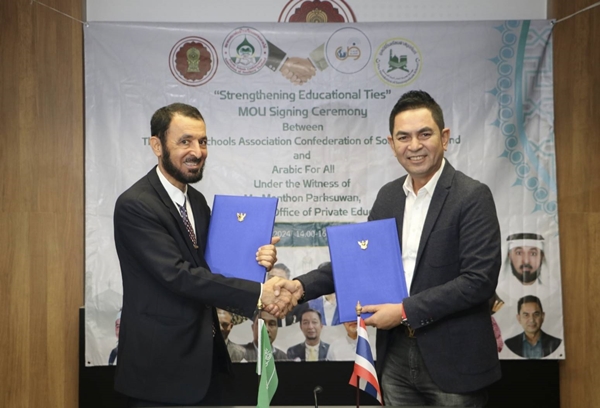
Mr. Monthon Parksuwan added, “I firmly believe this MoU will lay a solid foundation for effective and sustainable cooperation. Together, we will inspire and empower the younger generation to reach their highest potential, bridge cultural divides, and create a more harmonious world.”

With dedication and commitment, this partnership aims to bring sustainable development and inspire the younger generation in Thailand’s southern border provinces and beyond.
—————————————————————–



